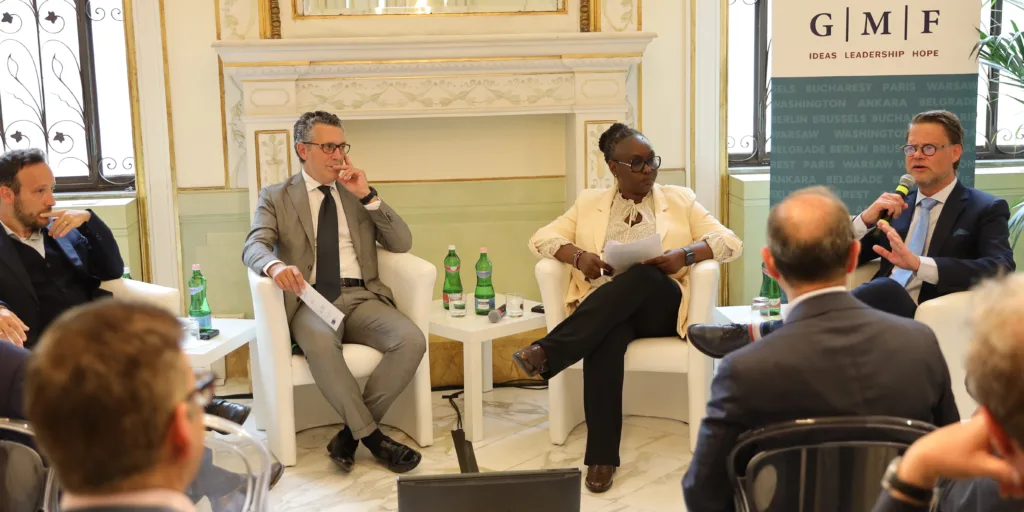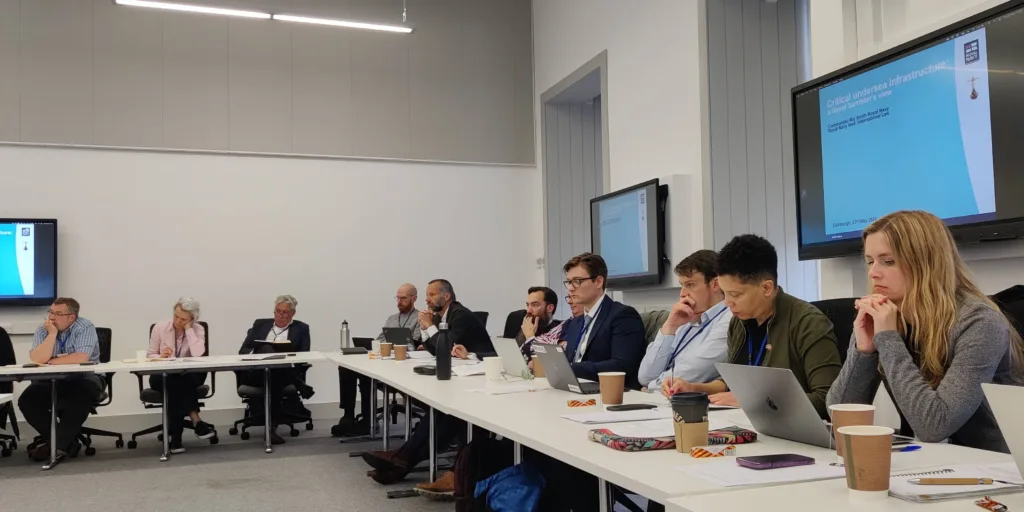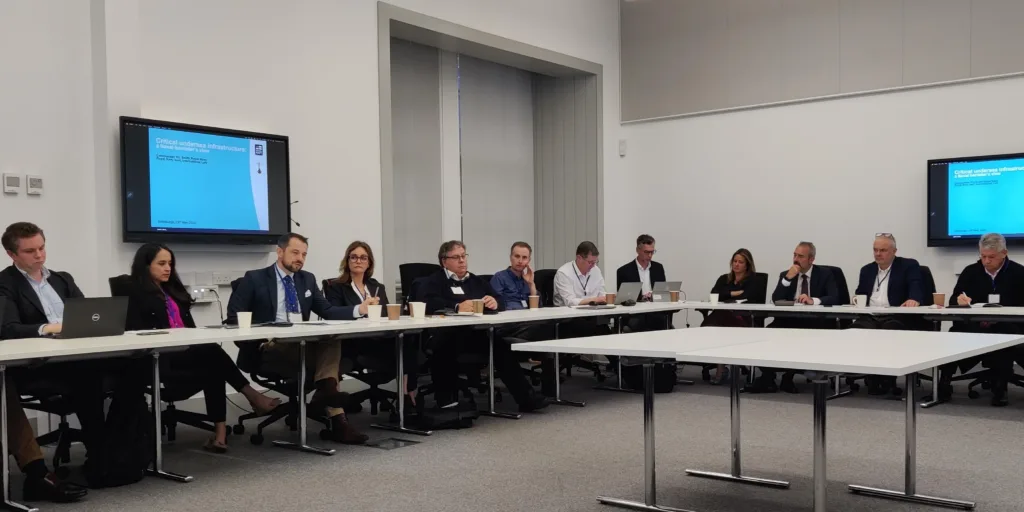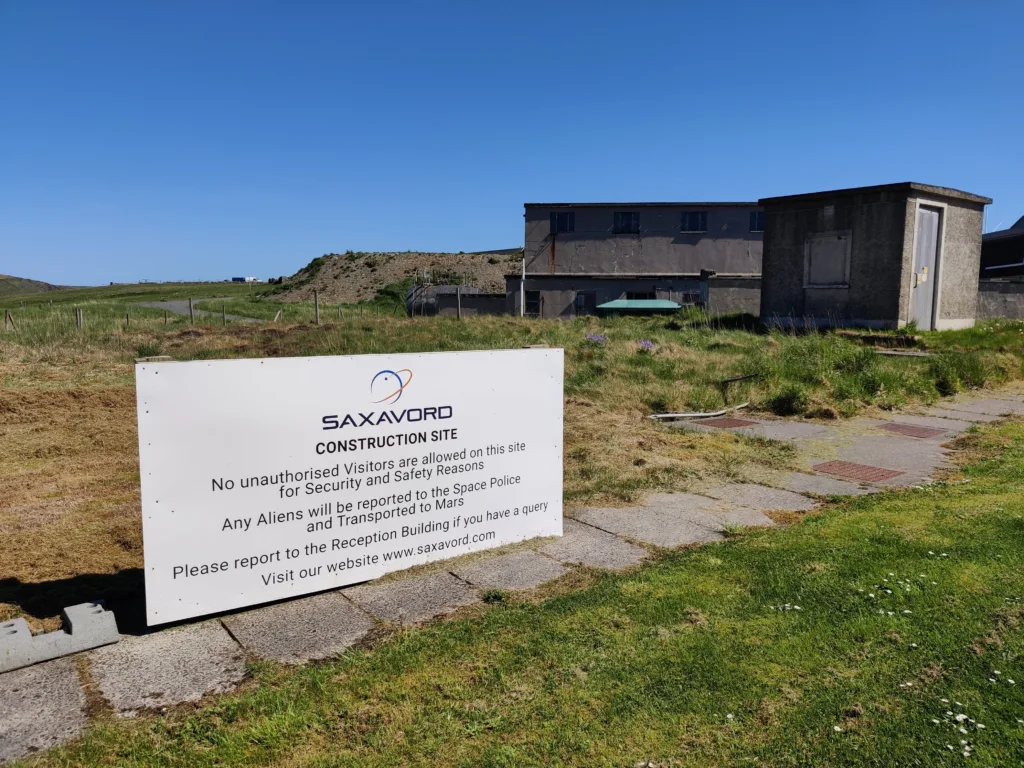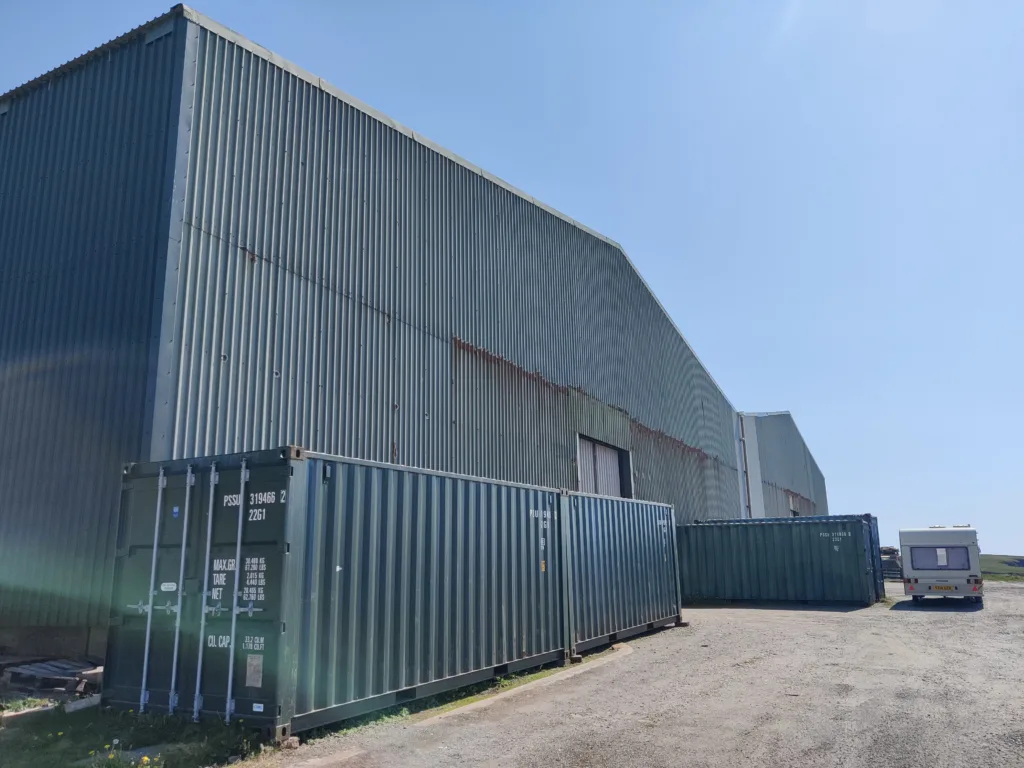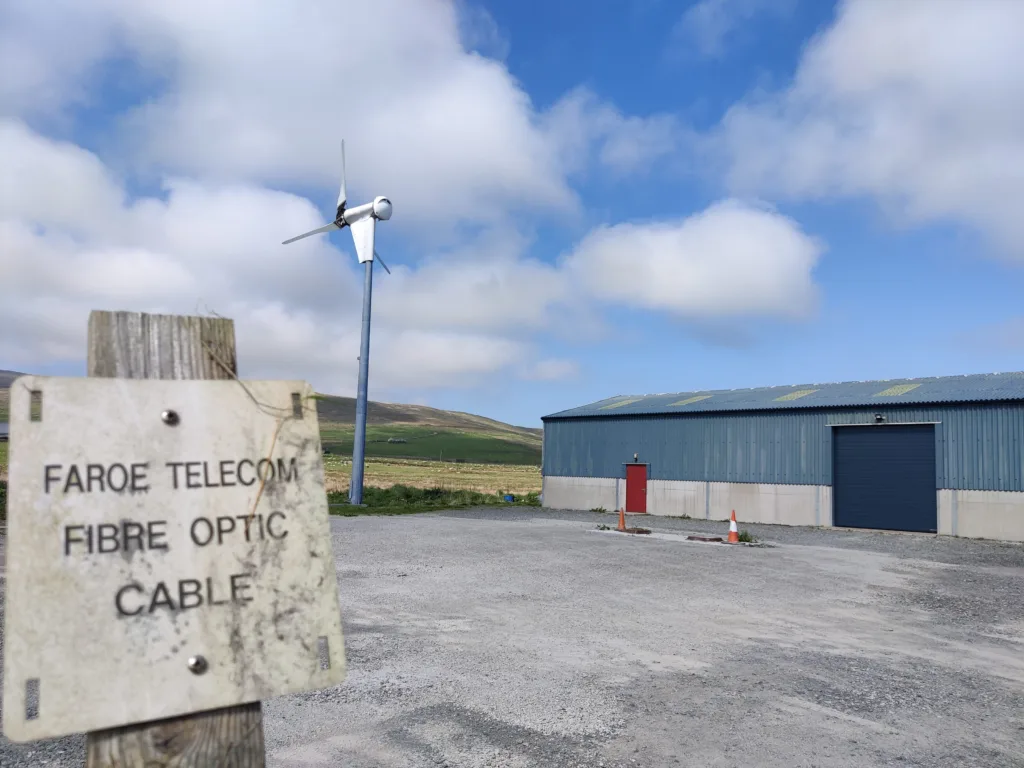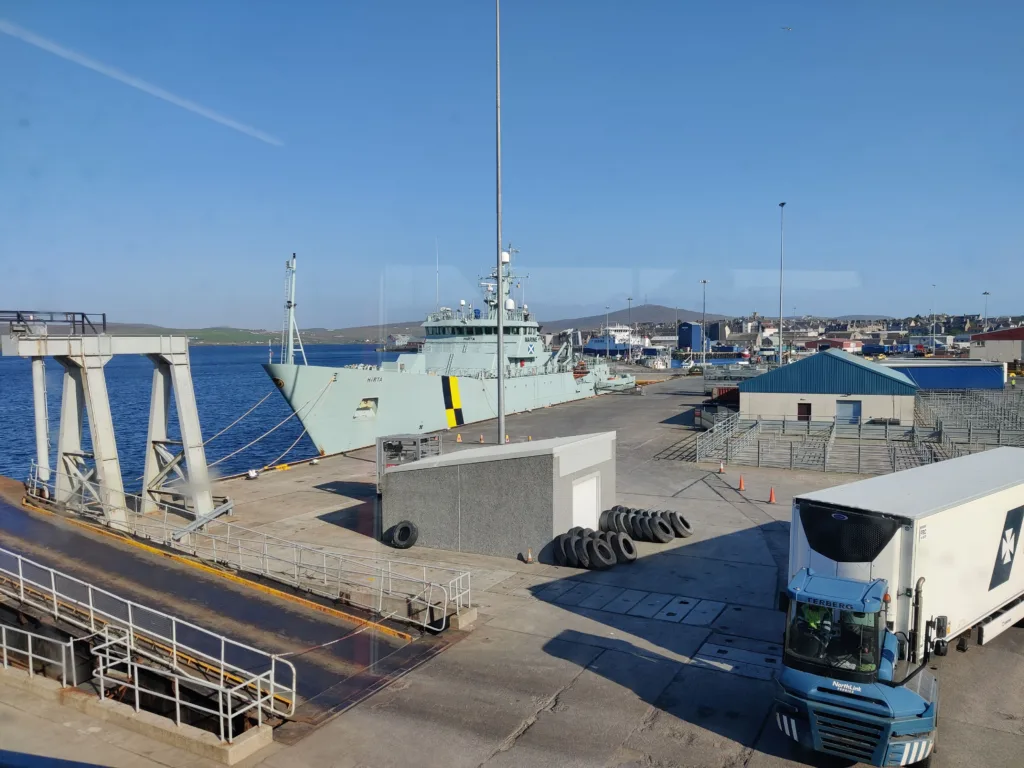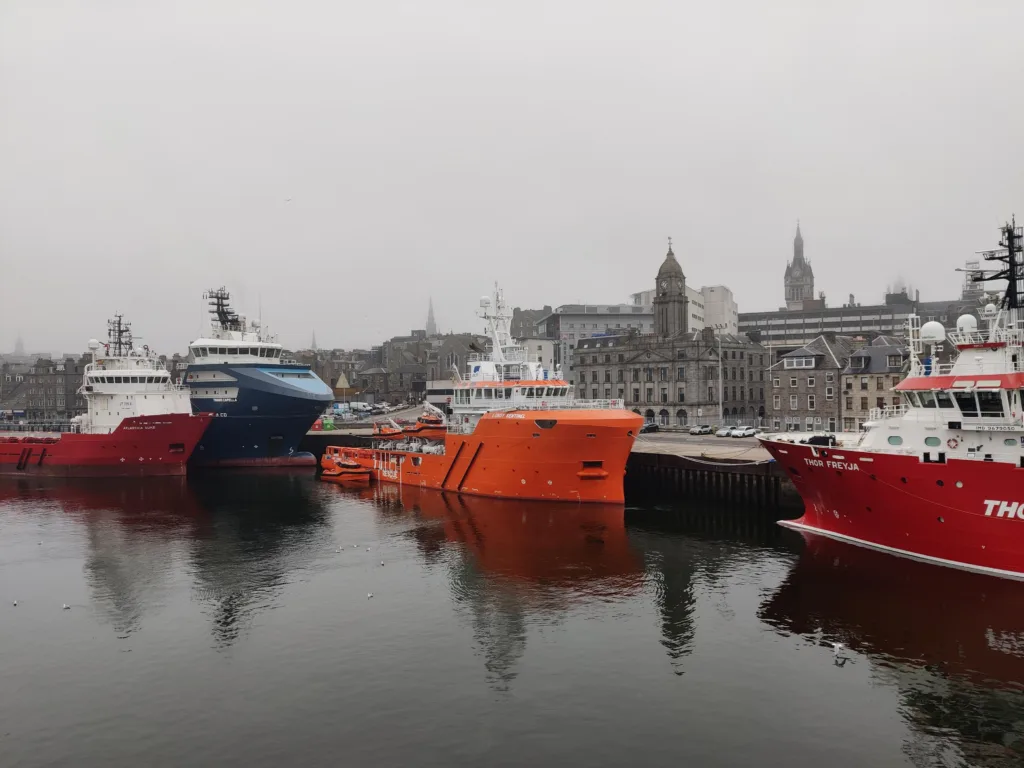I had the honor to discuss the protection of critical maritime infrastructures in the EU at an expert hearing of the European Parliament’s Security and Defence Committee yesterday.
In my presentation, I highlighted how European seas are experiencing rapid infrastructure expansion driven by the green transition. While this development is crucial for our future, it also creates new vulnerabilities that require our attention.
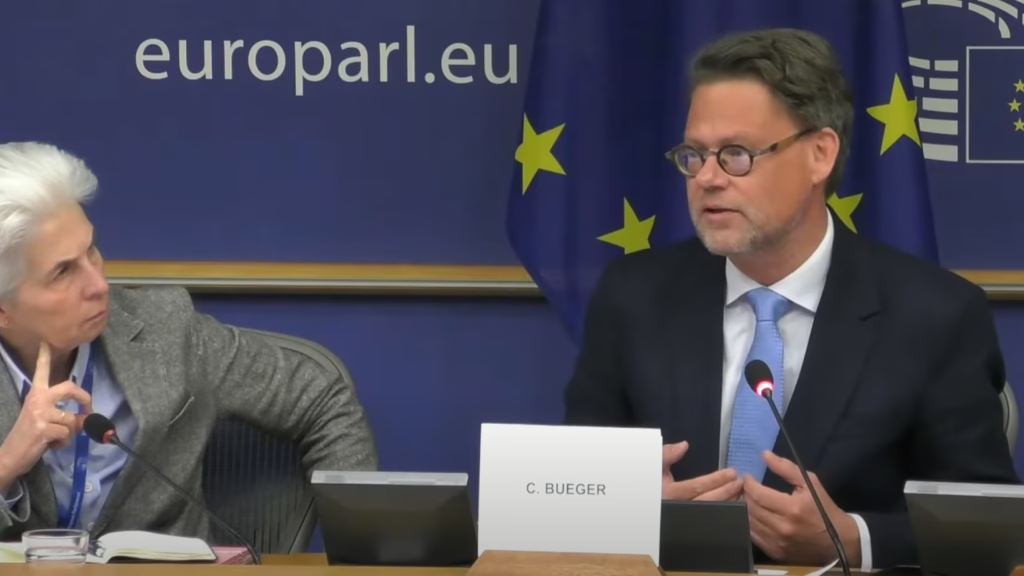
Key takeaways from the discussion:
🔹 The Baltic Sea incidents should serve as a wake-up call for potential threats to maritime infrastructure across all EU seas
🔹 We’re seeing concerning developments in shadow fleet activities and potential sabotage acts
🔹 While NATO plays a dominant role, the EU needs to strengthen its capabilities
🔹 Current information sharing and surveillance systems are improving, but industry communication and repair capacities need enhancement
I proposed several recommendations for strengthening EU maritime security:
➡️ Mobilizing EMSA and EDA information sharing systems
➡️ Conducting dedicated EU maritime exercises
➡️ Harmonizing interpretations of UNCLOS across EU
➡️ Developing standardized procedures for handling security incidents
➡️ Strengthening EU-level investigation capabilities
The full recording is available here.
